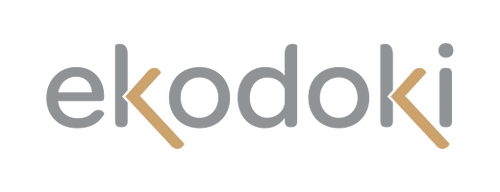The terms ‘recycling’ and ‘upcycling’ are sometimes used interchangeably; however, these two unrelated processes are significantly different, and upcycling appears to offer even more environmental benefits than recycling.
What is the Difference Between Recycling and Upcycling?
Recycling is an industrial process wherein objects are broken down and transformed into new materials, used to create either the same type of products – such as the aluminium from ‘tin’ cans recycled to make new cans for drinks; paper turned into pulp to make paper items again; glass bottles broken in small pieces and melted to make new glass bottles; plastic bottles that become new bottles – or entirely different ones.
Conversely, upcycling retains the original form, making the whole product or a recognizable part of it repurposed for a different function. One can see what it has been and what it has become. However, upcycling isn’t just transforming products into better versions of themselves; often, though upcycling, products or product parts get repurposed to offer a different function entirely. The original product or part is left mostly intact, utilizing the original shape, form, and material – but for a different purpose.
What is the Better Process for the Environment?
Both methods minimize the volume of discarded materials sent to landfills. Recycling is a practical industrial process, focusing on eco-efficiency, which reduces the negative impact of production. On the other hand, upcycling is a highly creative process that optimizes the positive impact of reuse, emphasizing eco-effectiveness.

Infographic illustrating the benefits of eco-effectiveness over eco-efficiency.
Eco-efficiency aims to promote a transformation from unsustainable development to one of sustainable development. It is based on the concept of creating more goods and services while using fewer resources and creating less waste and pollution. In other words: eco-efficiency means to achieve more (or the same) with less environmental damage. The reduction in ecological impact translates into an increase in resource productivity – which in turn can create a competitive advantage for businesses, as it helps them in reducing costs.
Eco-effectiveness is an alternative to this approach that aims to eliminate the environmental damage. Rather than accepting that every production process must lead to waste, eco-effectiveness aims at designing industrial processes such that all outputs are either harmless nutrients (that will benefit the environment) or are reusable as inputs for other processes such as the upcycling existing products or materials into new solutions.)
What are the Key Benefits of Upcycling over Recycling?
The environmental benefits of upcycling are substantial. It leaves a smaller footprint, reduces consumption, and decreases the need for production using new or raw materials, resulting in a reduction in air and water pollution, greenhouse gas emissions, and a conservation of global resources.
Are there Other Benefits of Upcycling over Recycling?
Additionally, upcycling has social and economic benefits, supporting small local and rural industries, celebrating artisanal work, and old-school craftsmanship. Behind every upcycled product is a maker who believes in a level of craftsmanship that is not often seen anymore.

Infographic showing the difference between the two processes, illustrated with the example of recycling car seatbelts into granulates versus upcycling car seatbelts into bags, such as eKodoKi’s
Why Does eKodoKi Contribute to Eco-effectiveness by Upcycling?
As the founders of eKodoKi come from a design background, they have embraced upcycling for its inherent creative challenges. Upcycling doesn’t follow a standard design process relying on standard production methods. It requires an open mind to try out new things and it employs design thinking, starting from discarded materials to create new, sustainable products.
And equally importantly, upcycling generates objects with higher value: one-of-a-kind items that have a story to share. Upcycled objects often become conversation pieces—nonstandard things that are completely unique and, therefore, stand out from the crowd. eKodoKi aims not only to sell functionality but also to share stories.
Are Upcycled Products More Expensive?
Unfortunately, the most significant challenge eKodoKi faces with upcycling is that most people don't realize that creating these unique products takes a substantial amount of time and labour. Even before reaching the time-consuming making stage, there is already a significant amount of manual labour involved: deconstructing, sorting and preparing the discarded products to get them ready for transformation, as well as training craftsmen to work with an atypical material. This is typically why upcycled products can be more expensive.

Small production of eKodoKi RE-BELT backpacks, made of discarded seatbelts. A single eKodoKi bag can take up to 4 days to produce – crafted by a small group of skilled tailors deserving of fair wages.

Finished product - eKodoKi RE-BELT backpack, size L, colour silver gray
Are Bags Made of Upcycled Materials Strong and Durable?
When upcycling, one can choose pre-loved materials or those proven to be strong due to their original purpose. eKodoKi uses factory-discarded webbing material originally used for making car seatbelts. This material, tested for strength and visually appealing, is an ideal choice for upcycling into durable and aesthetically pleasing bags for the next user experience.







